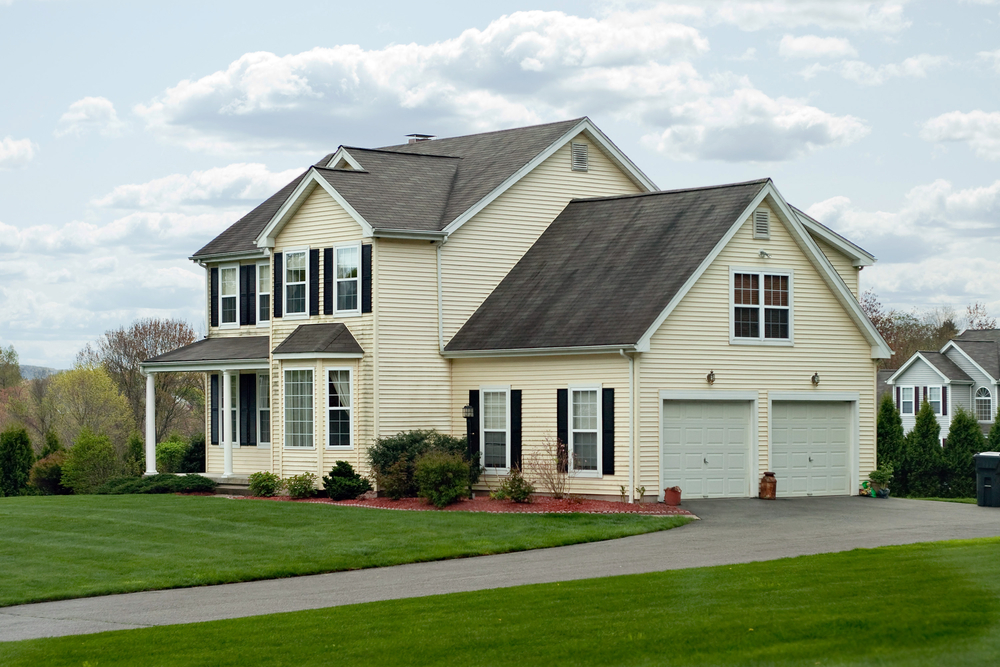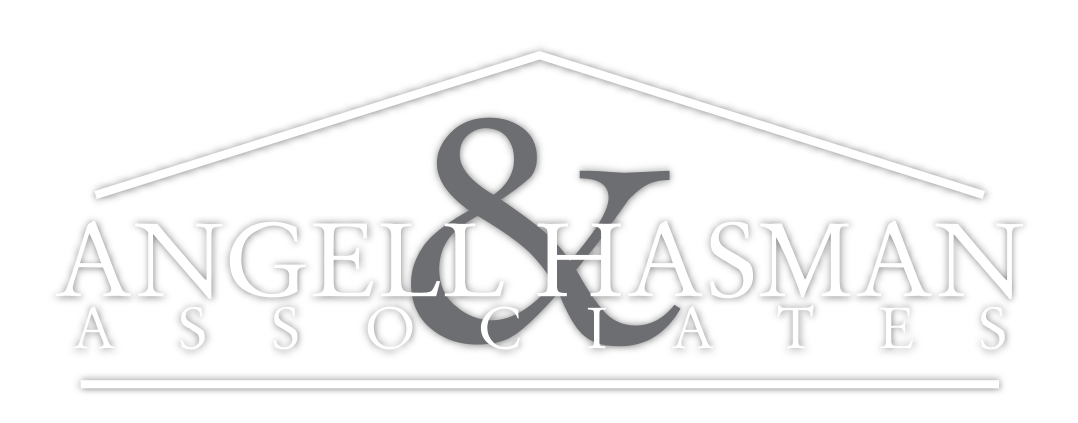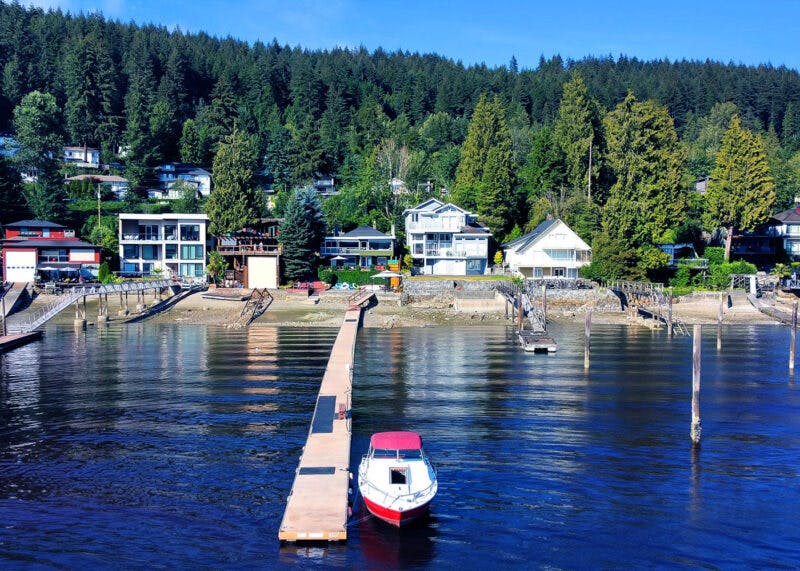
What Do Investors Investing in Vancouver Real Estate Need to Know?
In Vancouver, they decided to deal with the lack of housing for rent. And now, property owners are required to either pay an annual tax on empty houses, or pay a fine of CAD 10,000 for each day of downtime.
Everything has a flip side. As you probably know, Canada in general and Vancouver in particular are an attractive investment destination. Including residential real estate, which is growing in price.
According to available data, at least 10,000 houses are idle in Vancouver and as many are used for a small part of their capabilities.
Vancouver is one of the most attractive cities for living in the world. But at the same time experiencing a serious shortage of housing for rent. A huge number of homeowners, many of whom are foreign, in particular Chinese investors, are sitting on their investments and not letting anyone in them.
WHOM AND WHERE TO LIVE WELL IN CANADA ?!
It is not surprising that sometimes there are multi-storey buildings in which only a few windows are lit or in general the building is empty.
To fight this, Vancouver authorities are introducing a new law on January 1, 2017. According to his requirements, owners of empty real estate will pay 1 percent of the value of their property in the form of tax. If you consider that objects worth 1 million are not uncommon, then the tax will be, for example, 10,000 Canadian dollars. This is a one-time annual contribution.
Those who live in this property or constantly rent out are exempted from it. There is no need to occupy the facility year-round – authorities took into account that many Vancouver residents leave their homes for several months to ski.
Even those who deliberately declared their property as an investment, and not their main place of residence, are allowed to rent it for at least 6 months a year for a period of at least 30 days. But it is necessary to declare the object as its own housing or a secondary object in advance, otherwise the tax will be written off automatically.
For late payment of tax – an additional penalty of 5%.
Real estate scandal in Canada: how do low-income people buy luxury housing?
In order not to be tempted to simply lie and report that you live in a particular real estate yourself or settled non-existent tenants, another penalty is introduced. With maximum misconduct, the offender is able to bring the penalty rate to 10,000 Canadian dollars per day, for the entire duration of the violation.
In other words, if at the beginning of the year you reported that someone lives in the house, but no one appeared and didn’t plan for six months, then the fine will be 183 days x 10,000 = $ 1,830,000.
For such an amount, you really have to think: pay a fine of “only” Canadian $ 10,000 per day, or pay a tax or run someone to stand.
According to estimates by the Vancouver authorities, the number of vacant space will increase from 0.6% to 3.5%, which will provide the necessary freedom for residents and will allow at least a slight reduction in rental prices.
What does this mean for an investor?
This situation tells us about two things: firstly, the authorities are looking for new ways to activate investors and receive constant income from them to maintain their own economy; and secondly, greed does not lead to good.
If you agree with the first paragraph, since such additional fees are introduced, unfortunately, everywhere, not only in Canada, then with the second a little more.
If investors didn’t just sit on their assets and use them for their intended purpose, then the authorities would have less chance to show increased attention to them. An asset, as though it would not be desirable to reduce expenses on it, is created for certain purposes. This gold is easy to store and do nothing with it – it is, in a sense, created for this. Real estate is usually created for life or business. Therefore, when not in use, this raises questions.
Especially with the authorities, whom residents are indignantly addressing.
Family sponsorship in Canada – a real opportunity for immigration in Canada
If you acquire a certain asset for yourself, evaluate it in terms of everyday use: will you live in a purchased property? Will your patent be profitable through royalties and the development of new technologies? Will your money work for the economy? If all the answers are “no”, then get ready that over time the authorities will come and look into your wallet.
And it does not depend on the country. It depends on the economic situation.
It is clear that investing in something incomprehensible in times of uncertainty is dangerous. Therefore, it is so important that you understand both the market and the current situation, and can predict your next and other steps. Including the authorities.
And in order to mitigate the negative effects, create a system for diversifying assets: bank accounts, property under management, gold and companies. In different countries, on different continents.
If we take Vancouver, we see that a tax of 10,000 Canadian dollars per year for elite real estate per year does not seem so terrible, compared with hundreds of thousands of fines. And then, if you still do not want to let anyone in as tenants. It is clear that tenants are certain risks. On the other hand, they allow you to save on excess tax, plus make money on rent. Which seems like a reasonable deal in a developed country like Canada.

